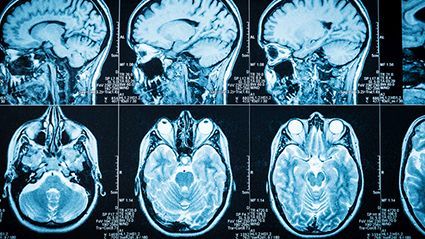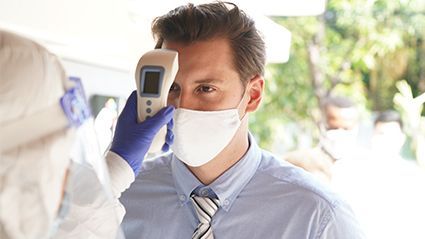
Higher levels of a certain type of immune cell may explain why immunotherapy for prostate cancer is more effective in Black men than in white men, researchers say. The finding could lead to immunotherapy-based precision treatment for localized aggressive and advanced prostate cancer in all races. For the study, the researchers analyzed 1,300 prostate tumor… read on > read on >






























